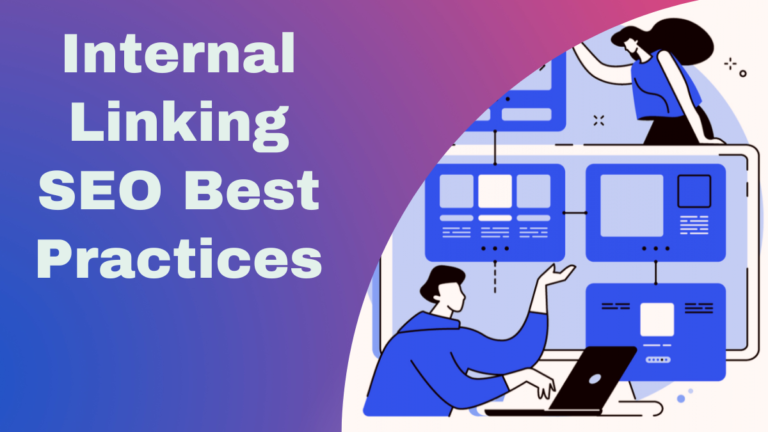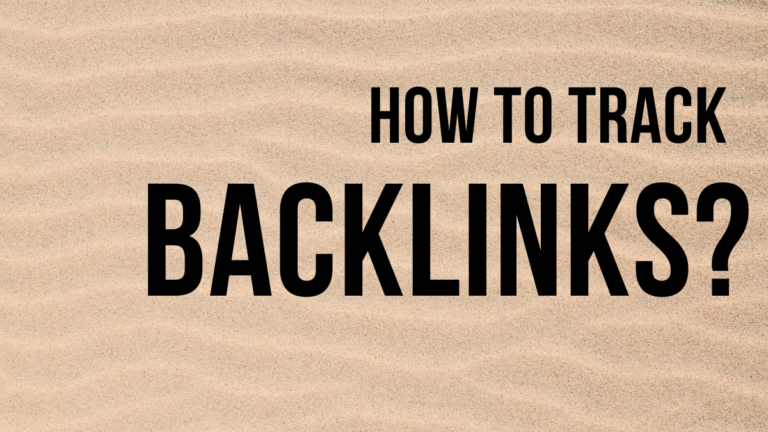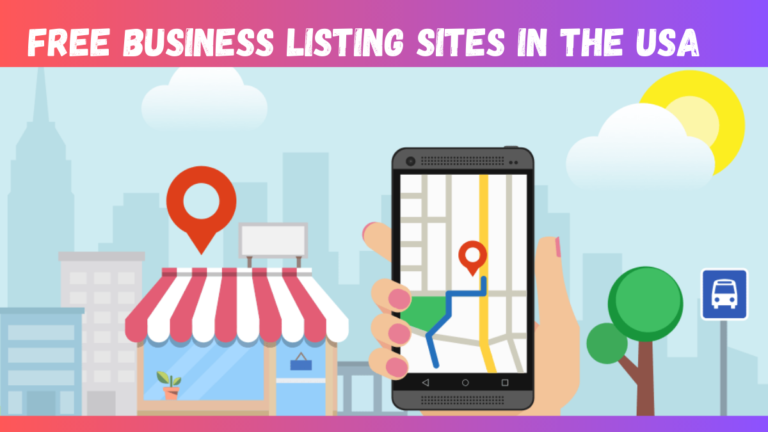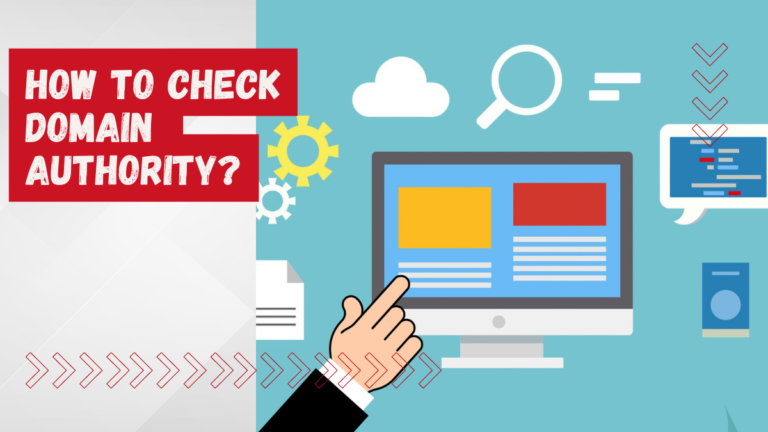What Are On-Page SEO Factors?
Are you struggling to understand the mysterious world of on-page SEO factors? Do terms like meta tags, keyword density, and internal linking leave you scratching your head? Don’t worry, we’ve got you covered!
In this blog post, we’ll unravel the secrets behind on-page SEO and explain how these factors can significantly improve your website’s visibility in search engine results. Get ready to dive into the fascinating realm of on-page optimization and take your website to new heights!
Table of Contents
What is On-Page SEO?
On-page SEO is a technique that search engines use to determine the relevance of a website’s content. On-page SEO aims to improve the visibility and ranking of a website’s pages in search engine results pages (SERPs). There are several factors that can influence how well a website ranks in search engine results pages, including the following:
- The quality and relevance of the site’s content
- The quantity and quality of the site’s backlinks
- The presence or absence of keyword density on the site’s content
- The use of keywords throughout the site’s pages
- The use of meta descriptions
- The use of structured data
- The use of robots.txt
- The use of other search engine optimization techniques
On-page SEO is a complex and multi-faceted process, and there is no one “right” way to approach it. Instead, the aim is to find an approach that works well for the specific website in question and that utilizes the most effective techniques available.

How Does On-Page SEO Affect Your Site?
On-page SEO is the practice of optimizing a web page to improve its ranking on search engines. The main factors that affect a web page’s ranking are its title, metadata, and content.
- Title: A high-quality title will help attract attention from search engines and potential website visitors. It should be concise, accurate, and related to the page’s topic.
- Meta Data: All webpages must include metadata to be indexed by search engines. This includes information like the website’s name, description, and keywords. Including relevant keywords in your title, description, and content can improve your ranking.
- Content: The quality of your content is the most important factor in on-page SEO. Make sure your articles are well-written and informative, and include keywords throughout to improve your ranking.
By optimizing your website for on-page SEO, you can improve your site’s visibility and ranking.
There are many different ways to optimize your website for on-page SEO, and the best way to determine what works for your site is to try different techniques and see what results you get.
On-page SEO is important for all websites, but it is especially important for small businesses. A high ranking on search engines can lead to more traffic and increased visibility for your business. By optimizing your website for on-page SEO, you can increase the chances that potential customers will find your website and learn about your products or services.
The 4 Main Types of Links and How They Influence SEO
There are four main types of links and how they influence SEO: internal, off-page, on-page, and link building. Internal links are links from your site’s pages to other sites within the same website. Off-page links are links from other websites to your site. On-page links are links from your site’s pages to the websites of other people or sites. And link building is the process of acquiring links from other sources.
- Internal Links: Internal links are important because they help your website rank higher in search engine results pages (SERPs). When a user searches for information on a particular topic, the first page of results that is displayed is usually dominated by websites with high-quality content. The more internal links a website has, the more likely it is to appear in these top positions. To create internal Links, you need to have good content and make sure that it is well-written and organized. You should also try to include keywords throughout your content and make sure that your website’s title tags, meta descriptions, and anchor text reflect the topics covered in your articles and blog posts. You should encourage users who share your content on social media platforms (such as Facebook, Twitter, and LinkedIn) to include a link back to your website in their posts.
- Off-Page Links: Off-page Link Building refers to any activities you do outside of Google search engine results pages (SERPs) that can lead to increased traffic to your website. These activities could include paid advertising, article submission promotion, or participation in forum discussions. The most important thing when it comes to off-page Link Building is to make sure that your links are relevant to the topics covered on your website. You should also try to target high-traffic websites and blogs with your link-building efforts.
- On-Page Links: On-page Links are the most important type of link because they are the only type of link that appears within Google’s search engine results pages (SERPs). When a user clicks on a link from a search engine result page (SERP), the URL that is displayed in the address bar of their browser will point to a specific page on your website. To improve your chances of obtaining on-page Links, you need to make sure that your website’s design is appealing and easy to navigate. You should also make sure that all of the content on your website is well-written and organized. You can also include links to helpful resources on your website to provide additional information for users who are looking for it.
- Link Building: Link Building refers to any activity you do outside of Google search engine results pages (SERPs) that can lead to increased traffic to your website. These activities could include paid advertising, article submission promotion, or participation in forum discussions. The most important thing when it comes to link building is to make sure that your links are relevant to the topics covered on your website. You should also try to target high-traffic websites and blogs with your link-building efforts.
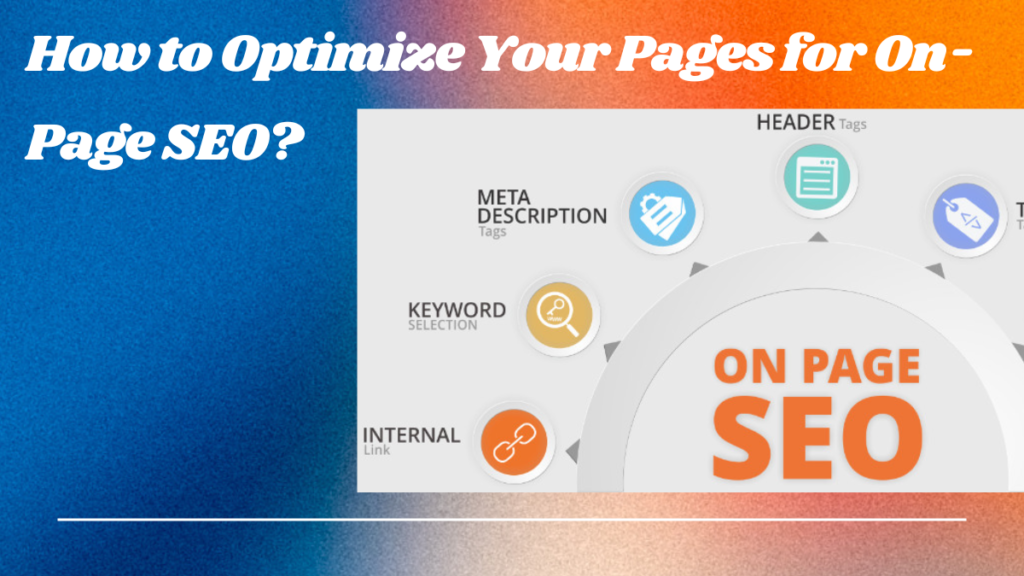
How to Optimize Your Pages for On-Page SEO?
On-page SEO is the process of optimizing a website’s content and layout for search engine visibility. Several factors can be optimized, including keyword selection, organization, pagination, link building, and metadata.
- Keyword Selection: The first step in on-page SEO is selecting the correct keywords to target. A keyword phrase should be chosen that is relevant to the website’s topic and audience. It’s important to avoid overloading a website with too many keywords, as this will decrease click-through rates (CTRs).
- Organization: Once a keyword has been selected, it should be organized into appropriate sections of the site. Titles, headings, and paragraph spacing should be used to organize content around the key phrase. Descriptive titles are also beneficial for on-page SEO; using keywords within these titles can help improve CTRs.
- Pagination & Depth of Content: Pages should be well organized and contain enough high-quality content to rank in search engines. Pages that are too shallow or lack pagination may not rank as well. To optimize pagination for on-page SEO, make sure all pages have an “about” section that provides additional information about the page (this can include a link back to the homepage). Additionally, make sure each page contains at least one “category” or “tag” listing which will help users find related pages more easily.
- Link Building: Links are one of the most important factors in on-page SEO. Links from high-quality websites will help increase a website’s visibility and ranking in search engines. Appropriate link-building techniques, such as guest blogging and writing quality blog posts, can be used to generate links. It is also helpful to include keyword-rich metadata (such as descriptions and keywords) within the HTML code of a website.
Conclusion
To be successful with on-page SEO, you need to understand the different factors that are important and how they can help your website rank higher.
By doing your research and implementing the right strategies, you can create a strong online presence that will bring in more web visitors and better conversions. Keep these tips in mind as you continue working to improve your site’s ranking so that you can reach your goals!

